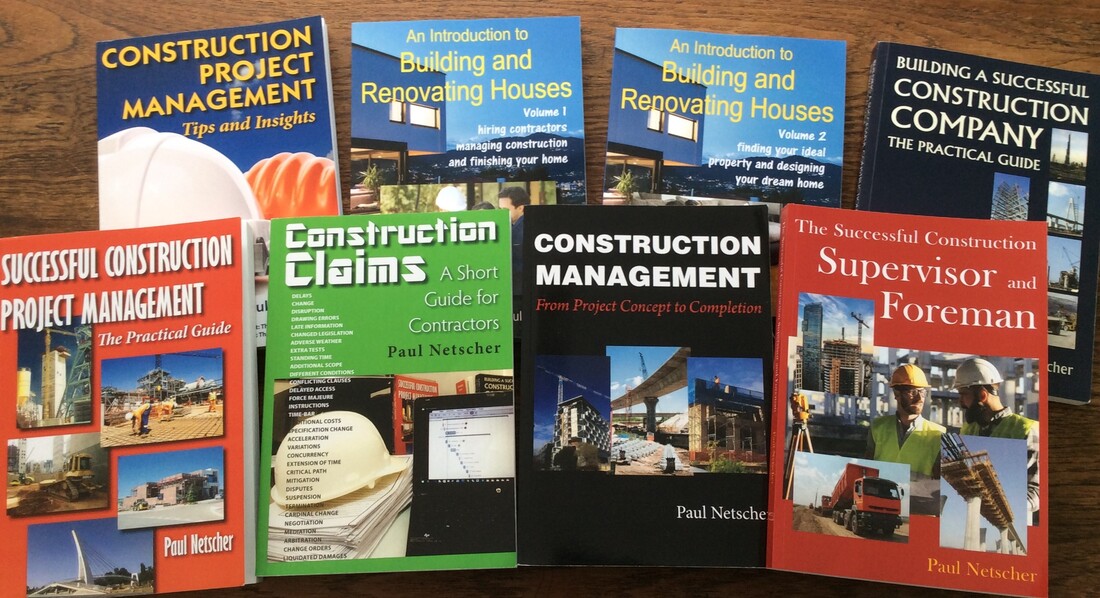"Construction company estimating departments are sometimes like sausage machines turning out price after price, quote after quote." Construction company estimating departments are sometimes like sausage machines turning out price after price, quote after quote, working on a number of project estimates at any one time. I’m amazed at how construction estimators manage to keep the different projects separate, how they isolate and review different supplier and subcontractor quotes for the different construction projects, how they manage to do this without making mistakes. Or do they? Where do estimators get their prices? Unfortunately, contractors do make mistakes pricing construction projects. These mistakes might increase their price, probably meaning they don’t win the project. Sometimes they fail to include documents requested by the client resulting in their proposal or quotation being disqualified or going in the trash (a waste of effort). Other times they under-price an activity and they lose money when they construct the project. Of course, companies can avoid some of these problems by being more selective with which construction projects they price, discarding projects which are unsuitable and concentrating on those that they really want. However, even so mistakes happen. Ask these questions before you price a construction project"Carry out a few checks and ask questions before submitting your price." Ask these questions It’s prudent to carry out a few checks before submitting your price. Ask yourself and your team these questions:
Price your construction projects correctlyUnfortunately, some contractors end up submitting their price without checking it properly. A poor submission may end up in the wastepaper basket. Worse a price that has errors may mean the contractor wins a project with a price that’s too low which results in them losing money on the project. Your tender submission or quotation – Get it right What mistakes have you made in your price submissions? This article was first published on the ClockShark website - Get The Industries' #1 Time-Tracking AppRunning a field service or construction business takes coordination and a great team. With ClockShark you get the industries' #1 timesheet app To read more about the author’s books and find out where you can purchase them visit the pages on this website by clicking the links below:
'Successful Construction Project Management: The Practical Guide' 'Building a Successful Construction Company: The Practical Guide' 'Construction Book reviews' To read more about the author visit the page 'Paul Netscher' Want to contact Paul Netscher please enter your details on 'Contacts' Find out how Paul Netscher can help you Order your books from Amazon Order your books from Amazon UK © 2023 This article is not to be reproduced for commercial purposes without written permission from the author. construction management construction project management
0 Comments
Leave a Reply. |
Archives
June 2024
Note: We welcome genuine comments, especially comments that add additional information to the subject matter in the article. We however reserve the right to remove inappropriate comments, which includes comments that have nothing to do with the subject, comments that include inappropriate language, and comments that are an advertisement for a product or company, or which include an advertising link. Comments must be in English. We will not enter into discussion on why a particular comment was removed.
CategoriesCopyright 2016 - The attached articles cannot be reproduced for commercial purposes without the consent of the author.
The opinions expressed in the attached articles are those of the writer. It should be noted that projects are varied and different laws and restrictions apply which depend on the location of the contractor and the project. It's important that the reader uses the supplied information taking cognisance of their particular circumstances. The writer assumes no responsibility or liability for any loss of any kind arising from the reader using the information or advice contained herein. "I have what I consider some of the best books on construction management."
Books are available from: Amazon.com Amazon.co.uk takealot.com kalahari.com Amazon.in Amazon.de Amazon.fr Amazon.it Amazon.com.au Powell's Fishpond uread bokus Amazon.ca Amazon.es Other retail stores Available in paperback or on Kindle "28 YEARS OF CONSTRUCTION PROJECT MANAGEMENT EXPERIENCE, DEVELOPING SUCCESSFUL CONSTRUCTION PROJECT MANAGERS AND BUILDING SUCCESSFUL CONSTRUCTION COMPANIES"
|






 RSS Feed
RSS Feed




